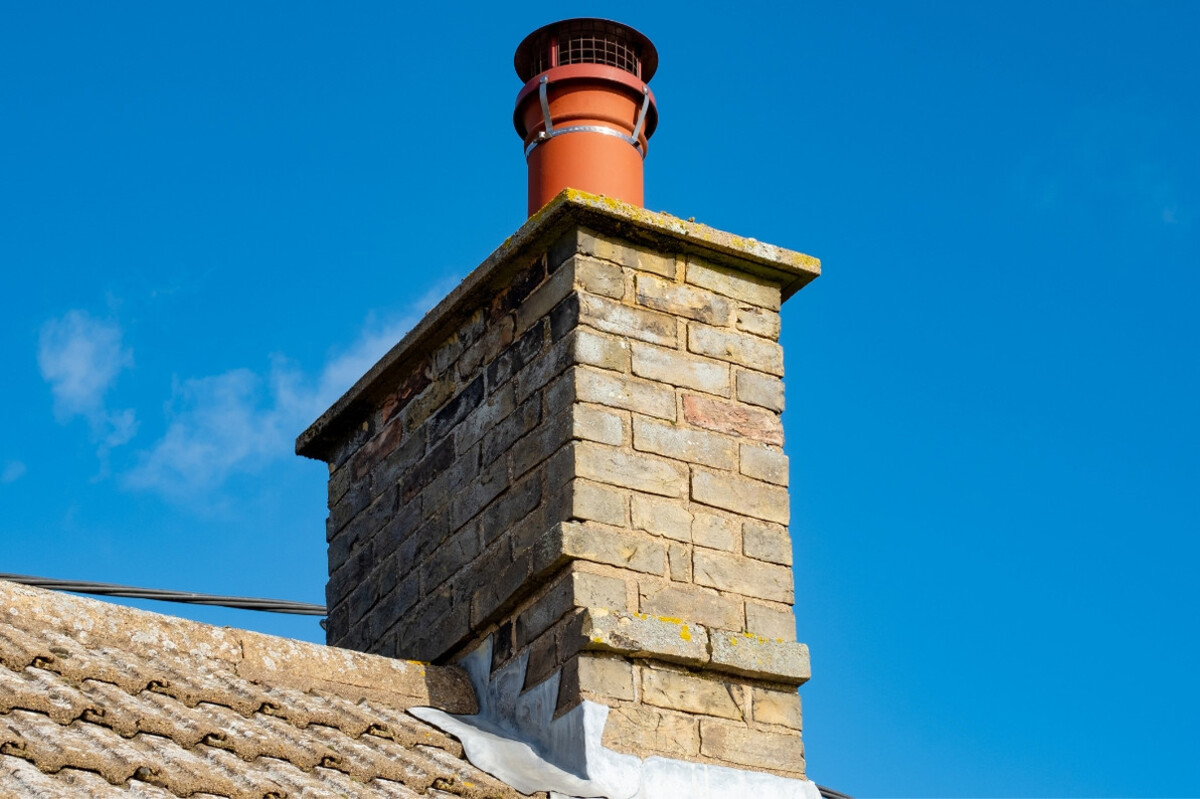What Happens If You Don’t Install a Chimney Liner in Hillsboro
Skipping a chimney liner in Hillsboro risks fire, toxic gases, and costly damage—protect your home with this vital safety upgrade.

Imagine lighting your fireplace on a chilly Hillsboro evening, expecting nothing but warmth and comfort. But have you ever wondered what’s going on behind that wall—up inside your chimney? If you haven’t thought about chimney liners, you’re not alone. Most folks don’t realize just how crucial they are until something goes wrong. Today, I want to share from my own experience and knowledge what really happens if you skip out on installing a chimney liner in your Hillsboro home.
Key Features: Why Chimney Liners Matter
Chimney liners might seem like just another thing contractors talk about, but they’re actually the unsung heroes of fireplace safety and efficiency. To break it down simply, a chimney liner acts like a protective tunnel inside your chimney. It keeps the nasty stuff—like smoke, heat, and even acidic fumes—from damaging your brickwork or sneaking back into your home.
| Feature | Description |
|---|---|
| Protection for Masonry | Shields bricks and mortar from intense heat and corrosive gases, stopping cracks and crumbling. |
| Boosts Efficiency | Helps your fireplace or stove work better, so you use less fuel for more warmth. |
| Reduces Creosote Buildup | Makes cleaning easier by preventing sticky soot from sticking to rough surfaces. |
| Stops Dangerous Gases | Keeps carbon monoxide and other gases from leaking into your living space. |
Safety: The Risks You Can't See
Not having a chimney liner is a lot like driving without seatbelts—everything seems fine until it isn’t. When a chimney lacks a liner, its interior is directly exposed to intense heat and harsh chemicals. This continuous exposure gradually weakens the bricks and mortar, causing them to deteriorate. Cracks appear, and those cracks can let poisonous gases—like carbon monoxide—drift into your home without any warning.
There’s also the risk of chimney fires. When wood burns, it leaves behind a tar-like gunk called creosote. If your chimney walls are rough and exposed, creosote sticks more easily and can catch fire. And trust me, a chimney fire is not just a little scare—it can destroy your house in the blink of an eye.
"A chimney liner is like an invisible shield, quietly keeping your home safe each time you light a fire."
Cost: Saving Today, Paying More Tomorrow
I get it—installing a chimney liner isn’t cheap. But skipping it might actually cost you much more down the road. Imagine having to repair your entire chimney because the bricks are falling apart or, worse, dealing with fire damage. And don’t forget the medical bills or health issues from breathing in toxic fumes.
Here’s the thing: investing in a chimney liner now means you save big on repairs, emergency calls, and even heating bills later. Plus, your home insurance rates could be lower too, since insurers love seeing that you’ve taken steps to keep your home safe.
Emergency Service: When Things Go Sideways
In Hillsboro, where the weather can get wild and wet, a neglected chimney can quickly turn into an emergency. I’ve heard stories from neighbors who woke up to smoke in their living room or found bits of brick and ash on the floor. When that happens, you’ll likely need a professional to rush over, which isn’t cheap—and it’s stressful.
With a chimney liner, you’re less likely to face those late-night disasters. It serves as a strong protective layer, helping maintain the chimney’s condition while ensuring your family’s safety. Trust me, a little prevention beats a big repair bill every single time.
FAQs: Straightforward Answers
Q: Can I use my fireplace if I don’t have a liner? A: Technically you can, but it’s a huge gamble. Skipping a liner puts both your home and your safety in danger.
Q: How do I know if my chimney has a liner? A: The easiest way is to ask a chimney sweep to take a look. They can spot it right away and let you know its condition.
Q: Are chimney liners only for wood-burning fireplaces? A: Nope! Gas and oil appliances need them too. Gases from these fuels can still damage your chimney and leak into your house.
Q: How much does it cost to install a chimney liner in Hillsboro? A: Prices vary, but it’s way less than repairing a damaged chimney or dealing with fire cleanup. Think of it as an insurance policy for your home.
Conclusion: Don’t Leave It to Chance
Living in Hillsboro means enjoying cozy fires in winter, but it also means taking care of your home’s hidden safety features. Skipping a chimney liner might seem like a small shortcut, but the risks are real—and expensive. A liner isn’t just a piece of metal or clay; it’s your home’s first line of defense against fire, fumes, and unexpected disasters. If you haven’t checked your chimney lately, now’s the perfect time. Your peace of mind—and your family’s safety—are worth it.
Read More: Chimney Sweep Hillsboro